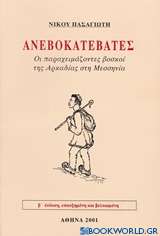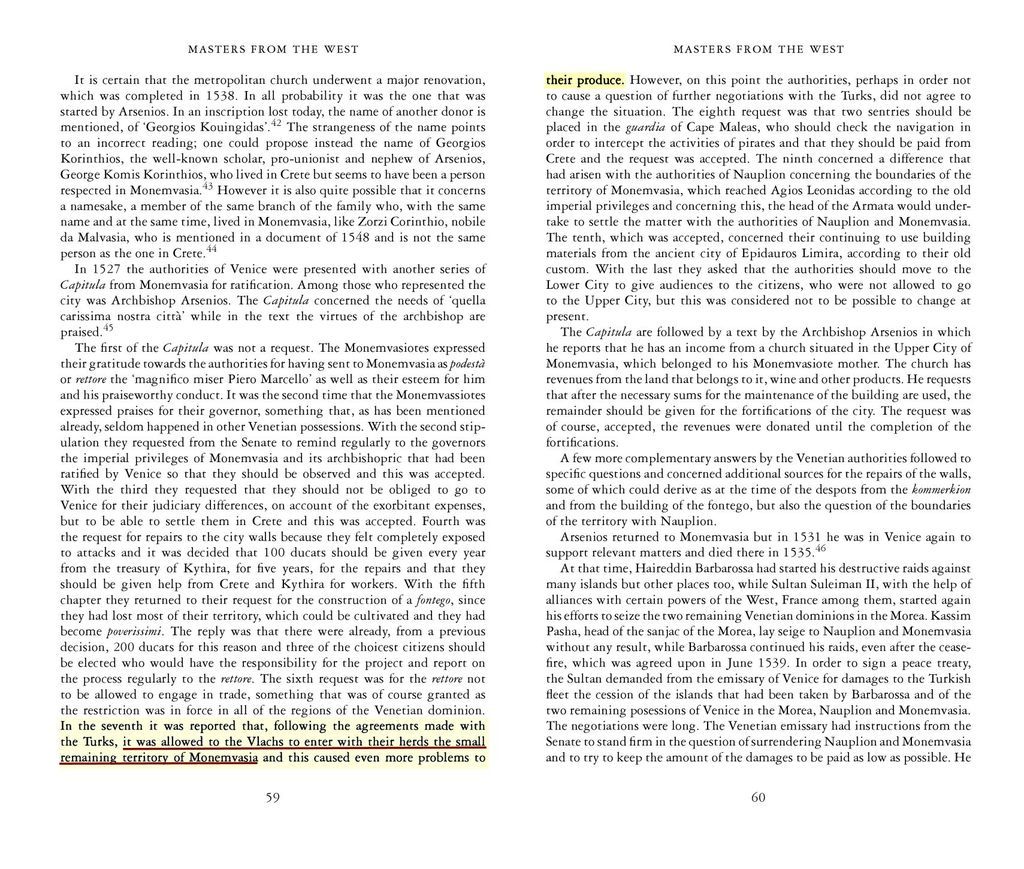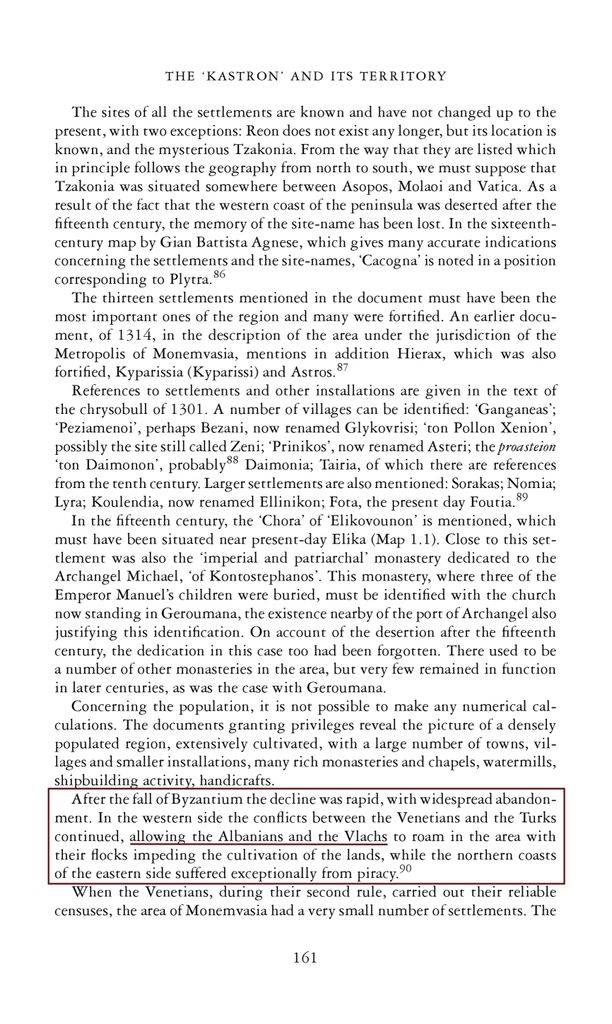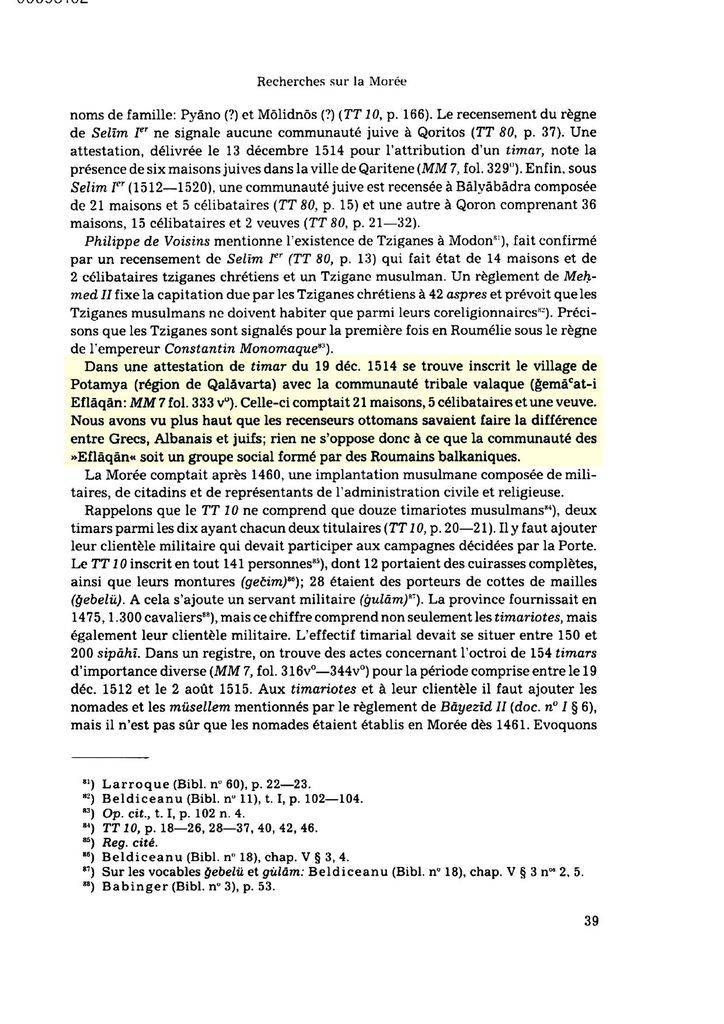Originally posted by Carlin
View Post
What about the percentage of Albanians? Who was more numerous Albanians or Slavs?









Comment